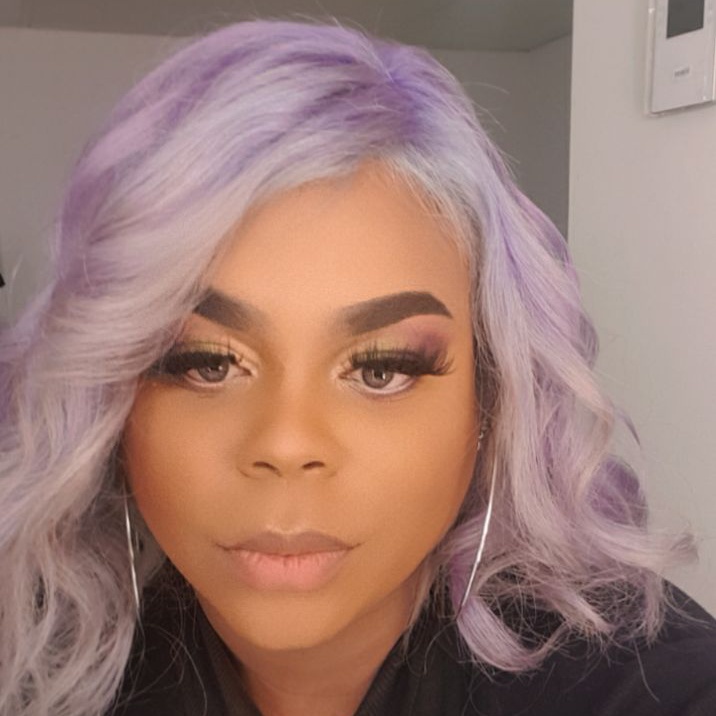Lasseindra Ninja
Dancer and Choreographer
May-June 2025

- Dance
- Performing Arts
- Atlanta
- New York
“I aim to question the role of Ballroom as a space of emancipation and spirituality, particularly for Black transgender women who have been excluded by their families and society.”
Trained in renowned dance schools, I began performing on the Ballroom stage under the name Lasseindra. My international journey allowed me to introduce and develop Ballroom culture in Paris, making me a pioneer of this movement in Europe. My artistic work, my commitment to the Ballroom communities in France and the United States, as well as my theoretical vision, have led to collaborations with prestigious institutions such as the Golden Stage (La Villette), the Opéra Garnier, the National Ballet of Marseille, and the National Theatre of Chaillot. At the same time, my research on queer culture and Black identity has been enriched through residencies at the Cité Internationale des Arts in 2021 and at the Villa Medici in 2023.
I notice that in Europe, few Black people identify with role models from their own country, but instead turn to American references. Yet, many of these African-American cultural icons themselves descend from transatlantic exchanges, painful but historic. The goal of my research is to explore the historical genealogy of Black culture through a selection of icons and public figures, whose journeys highlight the history of anti-Black racism, tracing back to the roots of colonialism and slavery, through contemporary colorism and institutional violence.
Ballroom culture often explores topics on the margins of legality, such as gender identity, sex work, sexual and health risk-taking, for example, in relation to chemsex and HIV, as well as crucial issues of consent and abuse. Through my residency project, I wish to question the notion of “fair play” and justice within the Ballroom scene. By collecting personal stories and experiences, I will deepen my understanding of Ballroom culture, in its ways of overcoming individual challenges and transforming them into collective issues through its rituals and performances.
I aim to question its role as a space of emancipation and spirituality, particularly for Black transgender women who have been excluded by their families and society. The choreographic project that will result from my residency will revisit the spiritual and African-American roots of this culture, which integrates voguing and gospel.
The specificities of Ballrooms in each country reflect the governmental policies at play. Each one reveals, through its treatment of gender and sexual orientation issues, the violence these communities face. With this in mind, I wish to study how the contemporary American Ballroom scene responds to current debates on gender and sexuality.
I will carry out my residency in New York and Atlanta.
New York is the birthplace of Ballroom culture, a scene I discovered as a teenager by integrating into the gay and transfeminine club culture. This city is, for me, an essential point of reference, as it is where I learned my first voguing moves. During my residency, I wish to meet pioneers like Sinia Braxton and Luna Luiz Ortiz, as well as study the legacy of iconic figures such as Hector Xtravaganza and Vjuan Allure.
Atlanta, on the other hand, represents a new hub for Ballroom culture, which is growing rapidly. It is here that this scene revitalized after a decline in New York, and I want to better understand the reasons behind this emergence. In collaboration with local figures such as Andre Mizrahi, I want to explore the specific dynamics that have allowed the Atlanta scene to flourish.
In partnership with

CCN National de Marseille
